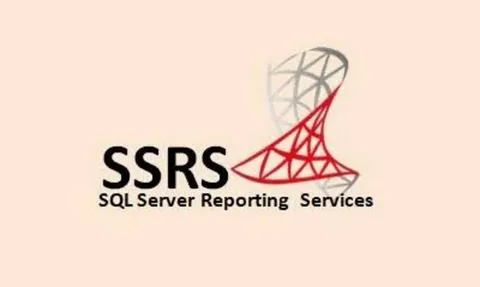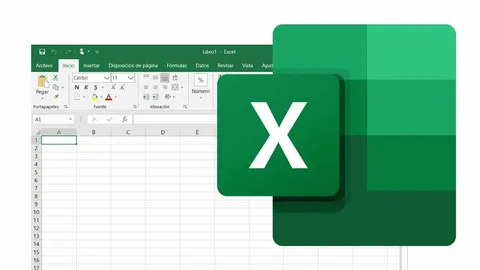If your business relies on SSRS (SQL Server Reporting Services) for critical reporting functions, it’s time to assess whether this tool is still meeting your needs.
Organizations most affected include those with:
- On-premise infrastructure (servers running IIS and SQL Server).
- Complex reporting dependencies using SSRS for dashboards and reports.
- Scheduled data processes using SSIS or other SQL tools.
- A reliance on niche experts to maintain and troubleshoot SSRS reports.
If this sounds familiar, continuing with SSRS could soon become a significant operational risk and financial burden.
Why SSRS is Becoming a Liability
SSRS is a legacy system that worked well in the past, but it is now being phased out by Microsoft in favor of modern solutions like Power BI. Using SSRS going forward introduces several challenges:
- High Maintenance and Infrastructure Costs
SSRS typically runs on internal servers that require constant maintenance, upgrades, and support, driving up IT costs. Operating IIS and SQL Server also adds to your licensing fees, draining resources from other priorities. - Specialized Expertise Required
Maintaining SSRS reports and SQL services requires specialized skills, which can be expensive to hire. As SSRS becomes obsolete, fewer experts will be available, making support even more difficult. - Limited Scalability and Functionality
SSRS struggles to support dynamic and interactive dashboards, which are increasingly essential for real-time insights. Reporting needs have evolved, but SSRS remains static and inflexible. - End of Life Concerns
With Microsoft gradually moving away from SSRS, businesses risk losing support and security updates, leaving their reporting vulnerable to outages and security threats.
What Can You Do About It? Modernizing Your Reporting with the Right Tools
To stay ahead, businesses need to transition from SSRS to modern reporting tools that are better suited to today’s requirements. Here are the top solutions to consider:
- Move to Power BI for Modern Reporting
Power BI offers dynamic dashboards, interactive visualizations, and mobile-friendly reports that enable better decision-making. It seamlessly integrates with other Microsoft tools and allows real-time collaboration across teams. -
Build Custom Dashboards for Tailored Insights
If your reporting needs are highly specific, a custom dashboard solution may be the right fit. This approach allows for complete control over design and functionality, ensuring the dashboards align with your unique business processes. - Consolidate and Move to the Cloud
Running SSRS and SQL on outdated internal servers increases operational costs. Moving your reporting infrastructure to the cloud reduces IT overhead, improves performance, and ensures automatic updates.
Why Modernization Pays for Itself Quickly
Migrating from SSRS to Power BI or custom dashboards is not just an operational upgrade—it’s an investment that pays off quickly:
- Lower operational costs after shifting to cloud infrastructure.
- Real-time data access improves decision-making and speeds up processes.
- Automatic updates and patches eliminate downtime and security risks.
- No more reliance on niche experts, reducing hiring and maintenance costs.
Conclusion: Future-Proof Your Reporting Infrastructure
Continuing to rely on SSRS is becoming a costly and risky strategy for businesses. With high maintenance expenses, limited functionality, and shrinking support, sticking with this outdated system puts your operations and reporting at risk. As Microsoft shifts focus toward modern tools like Power BI, businesses must act now to avoid disruptions, reduce costs, and unlock better insights through real-time dashboards and cloud infrastructure.
The next step is to assess your current reporting needs and infrastructure, determine whether Power BI or a custom dashboard solution is right for you, and plan your migration to cloud-based technology to cut costs and enhance performance. This process requires thoughtful evaluation, strategic planning, and careful implementation to ensure a seamless transition without data loss or operational disruptions.
Don’t wait for your reporting systems to become a liability.
At Calnetic, we specialize in guiding businesses through this transformation. From infrastructure assessments to implementation, we help you choose the right solution to suit your business needs and long-term goals. Don’t wait for your reporting systems to become a liability—reach out to us today and start building the future of your business.




